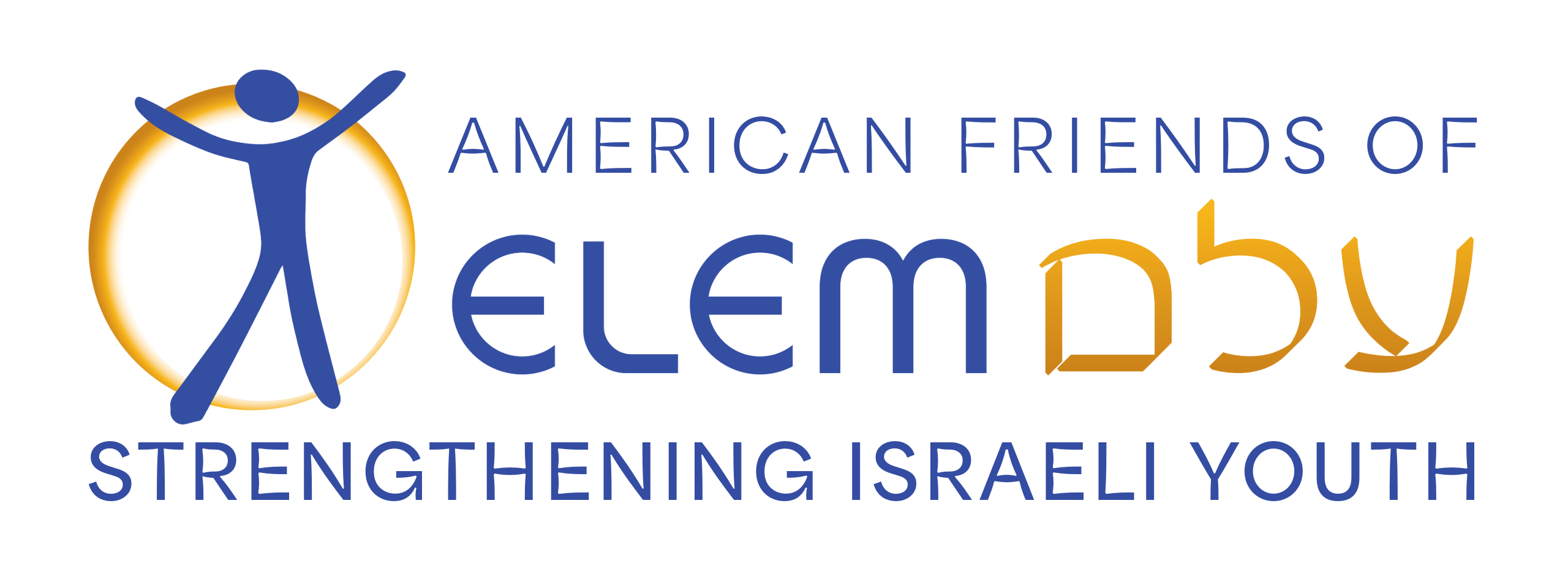21,699 Israeli youth are not in a recognized educational setting, according to The Knesset Research and Information Center report that was published last month.
Roy Homri, Head of ELEM’s Street Work Field shared some of his thoughts about the grim reality of Israeli youth:
“Some of the teens wander around at night and get involved in violent incidents.
But some just stay at home and are on social media and don’t go out.
They have severe social and emotional problems, anxiety and eating disorders, and substance abuse.
They don’t necessarily have a troubled past, as we’ve seen among at-risk youth prior to Covid.
The lack of interaction with their peers is devastating.
The social aspect of schools is much more important than the pedagogical one. It is essential for development, for the ability to communicate with each other, to process a range of emotions. Once you have no one to interact with – you’re in trouble.
We have to get out of schools and come to the students, conduct home visits like we used to. When the educational figure takes initiative as if to say ‘I reach out to you’, it makes the child feel seen.”
At ELEM we reach out to youth. We see them, alleviate their loneliness, and help them develop the skills to form social bonds that have been so damaged in the last two years.




